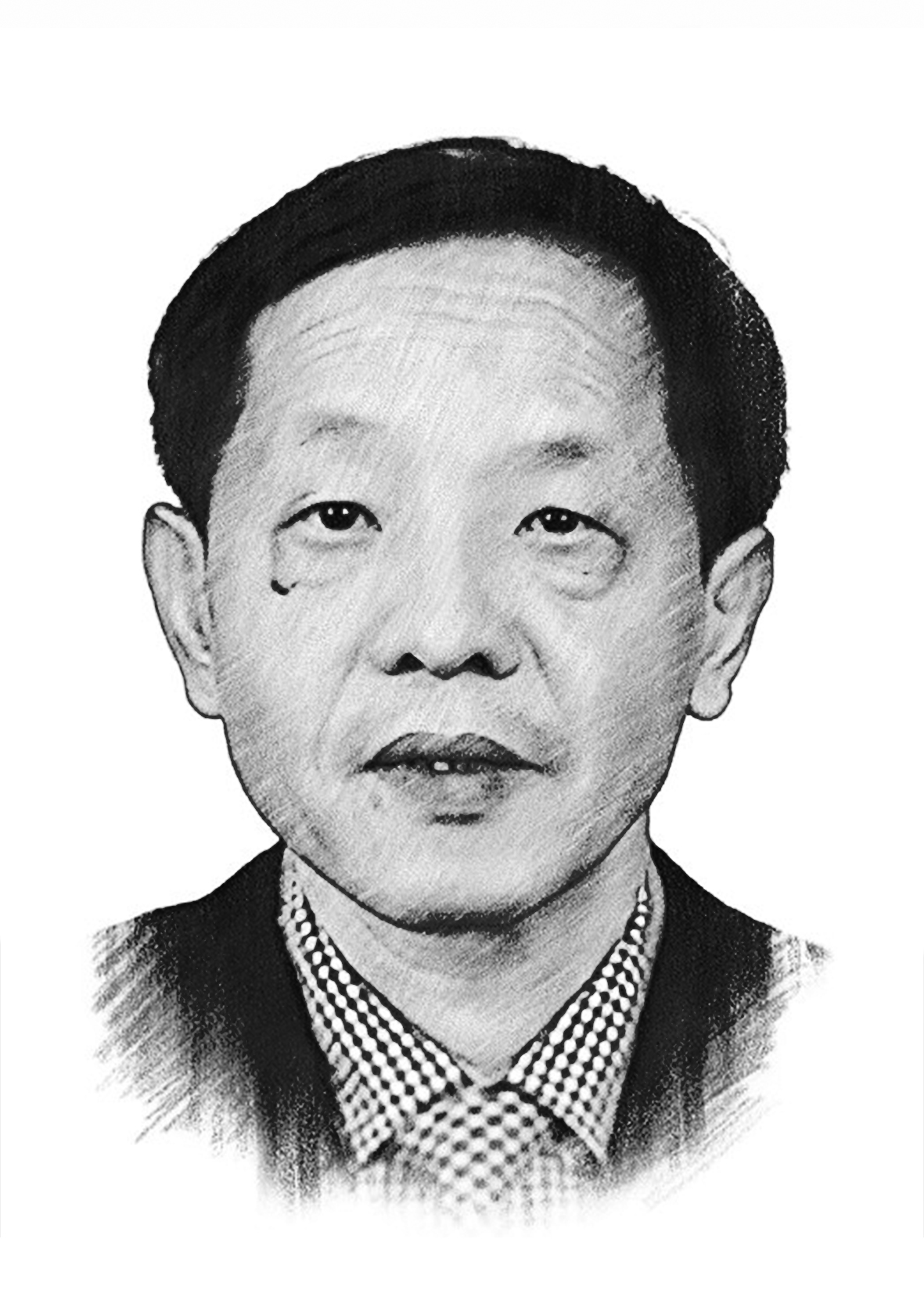Plenum marks milestone in further reform


Fiscal, tax reforms in focus
The third plenary session of the 20th Central Committee of the Communist Party of China emphasized coordinated reforms in the fiscal, tax, financial, and other major sectors and work to enhance the consistency of macro policy orientation.
Finance serves as a foundation and crucial pillar of national governance. A scientific fiscal system is essential for optimizing resource allocation, maintaining market unity, promoting social equity, and ensuring long-term peace and order in the country.
From this fundamental perspective, deepening fiscal and tax system reform is a foundational project essential for deepening reform, necessitating a focus on systemic integration.
To deepen fiscal and tax reforms, it is necessary that the reform agenda aligns with the general objectives of reform in all fields: specifically, to continue improving and developing socialism with Chinese characteristics and to modernize the national governance system and governance capacity.
Besides, fiscal and tax reforms should be implemented with the aim of promoting high-quality development and building a modern socialist country. This can be done by creating conditions conducive to reforms in education, science and technology, talent cultivation and other fields.
Another major task is building a high-level socialist market economy. This involves deepening fiscal and tax reforms in order to improve the foundational institutions of a market economy, thereby enhancing the fiscal system's role in building a unified national market, ensuring equal participation of all forms of businesses in market competition, and motivating local governments to develop the local economies.
Improving people's livelihoods, too, is a major goal of Chinese modernization. Hence, fiscal and tax system reforms should adhere to the principle of doing what is possible depending on the resources available and improving the basic public service systems. And adjustments in the fiscal revenue and expenditure systems should be closely linked with improving the income distribution system and employment-first policies, strengthening the social security system and deepening healthcare reforms.
























